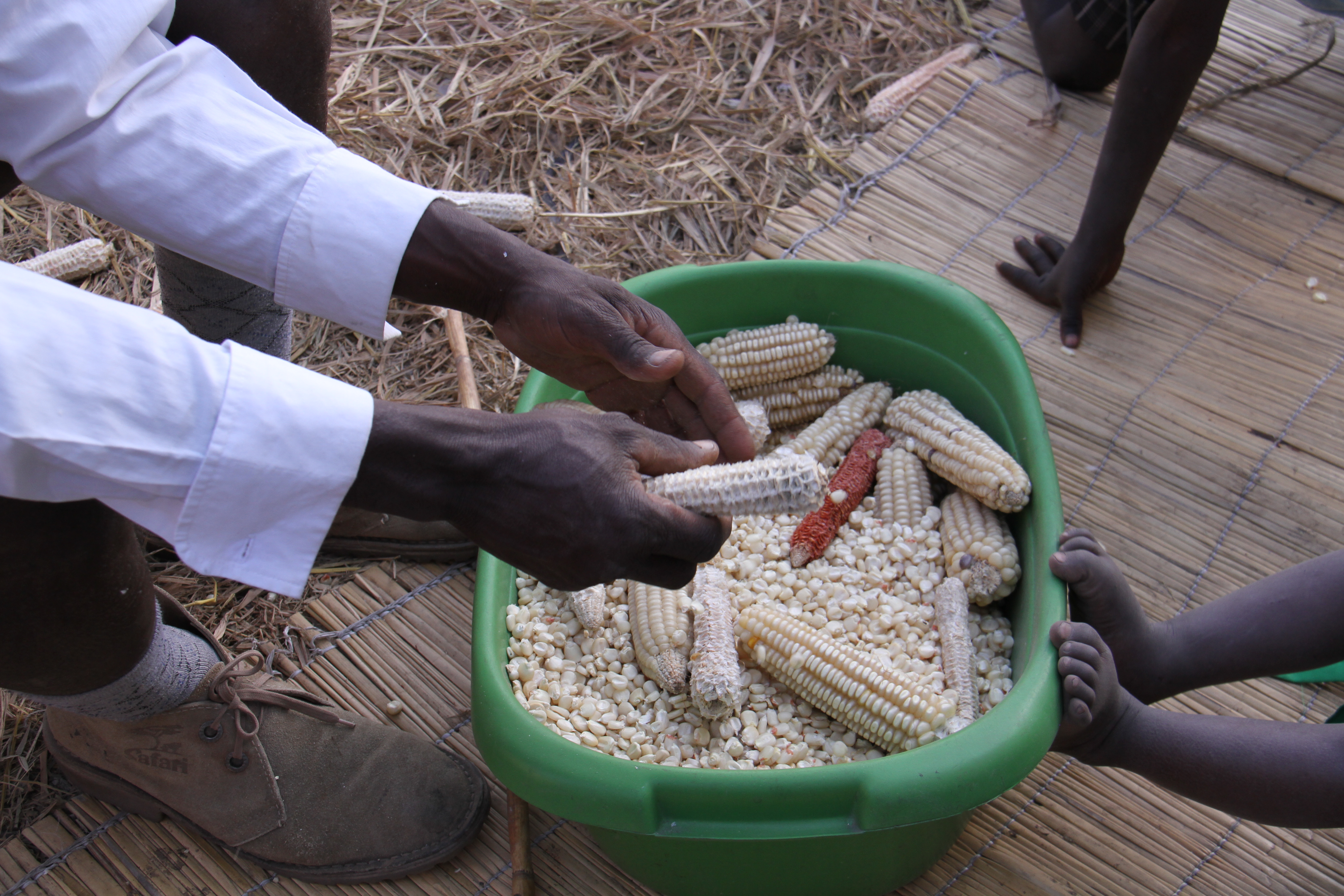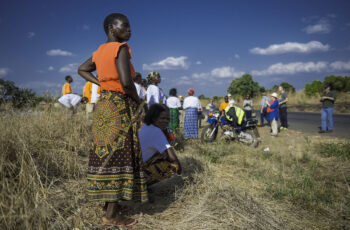Overview
Researchers
Kelsey Jack
Assistant Professor in the Department of Economics at Tufts University
Gunther Fink
Associate Professor, Swiss TPH & Adjunct Professor, Harvard T. H. Chan School of Public Health
- Country
- Zambia
- Timeline
- 01/23/2017 - 07/23/2017
- Constraints
- Credit, Labor
- Technology Category
- Contracts, Labor

Photo Credit: Bioversity International/E.Hermanowicz
A previous ATAI-funded randomized evaluation conducted between 2013 and 2015 demonstrated that small-scale farmers in Zambia face seasonal credit constraints, which often results in farmers turning to day labor on other farms to meet consumption needs (see this previous project, at this link). Having to seek work elsewhere to smooth consumption has been shown to lower output of the farmer’s own land. Previous research found that when farmers have access to lean-season credit, they experience numerous benefits including increased food security, improved labor allocation, and greater agricultural output (read the research publication at this link).
Researchers will use this pilot to identify where and how lean season lending programs could be incorporated into existing outgrower contracts between farmers and agribusinesses in Zambia. These loans offer potential benefits to both farmers, through consumption and output channels, and the agribusiness, through higher output and greater farmer loyalty (less selling to other buyers that break the terms of the contract). More than 250,000 small-scale farmers in Zambia currently have outgrower contracts, making any impacts of a successfully scaled product potentially quite large. Researchers will work to develop partnerships with outgrower companies and design a viable and risk-minimizing business model which would allow for a future evaluation of a larger lean season credit program rollout.
This pilot is ongoing, and findings are forthcoming.
